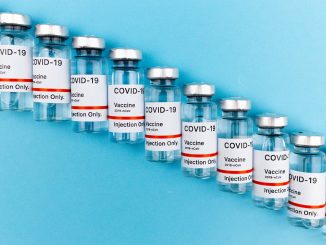
© Martin Cathrae (Flickr) Vegetables
© Martin Cathrae (Flickr)
Introduction
According to the Food Allergy and Anaphylaxis Network, or FAAN, there are
12 millions of people who suffer from allergy in the United States. When food is consumed and the body’s immune system attacks the food protein, this is called a food allergy.Chemicals called histamines are released, and this provokes allergic reactions.
These can be in the form of redness, swelling, itching, etc. Many times, there is an intolerance to certain families of food, or specific foods.
Symptoms
Symptoms for a food induced allergic reaction can be mild or severe.
Mild versus severe allergies
Mild symptoms include rashes, swelling, itching and hives.
Severe symptoms include wheezing, trouble breathing, elevated heart rate, and loss of consciousness.
Severe allergic reaction
A severe allergic reaction is called anaphylactic shock and can be life threatening if emergency treatment isn’t quick.
Other signs
Other signs can be tingling in the mouth, vomiting, stomach cramps, diarrhea and swelling of the tongue and throat. These allergic symptoms can appear anytime from minutes to two hours after eating the food trigger.
Diagnosis
Allergy tests can be done by a blood test or skin prick test. In a blood test, IgE antibodies are looked for to see if there is an existing allergy. For a skin prick test, a tiny amount of the allergen is pricked into the skin to test for a reaction.
If there is swelling and redness, it is positive for a food or other allergy. There will also be a history note-taking in order to assess whether there is a known history of symptomatic results after eating specific foods.
Treatment
Medication
Medication and other treatments are cannot be given for food allergy sufferers in a preventative sense. Only after an allergic or adverse reaction has occurred will medications be administered and in response to controlling the reaction. Avoiding the food products that cause an allergic reaction is the only medical advice given to those with allergies.
Epi-pens, self-injectibles that have epinephrine or adrenaline, are given to those prone to allergies to control severe reactions. Epi-pens shrink the blood vessels to increase blood pressure in helping to keep the patient conscious and out of threat until emergency treatment is given.









